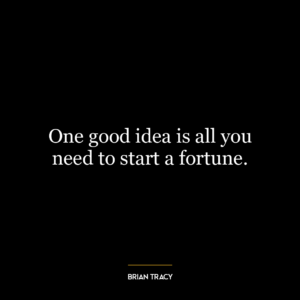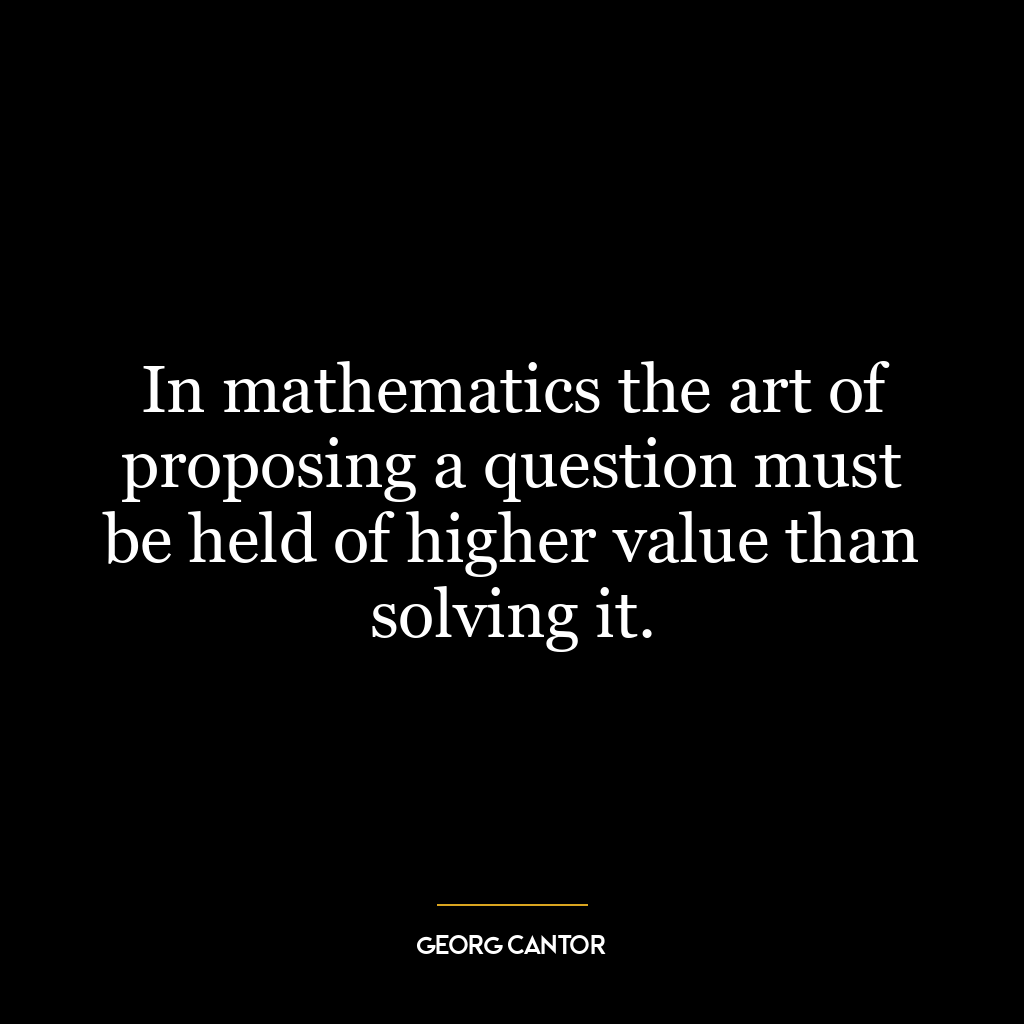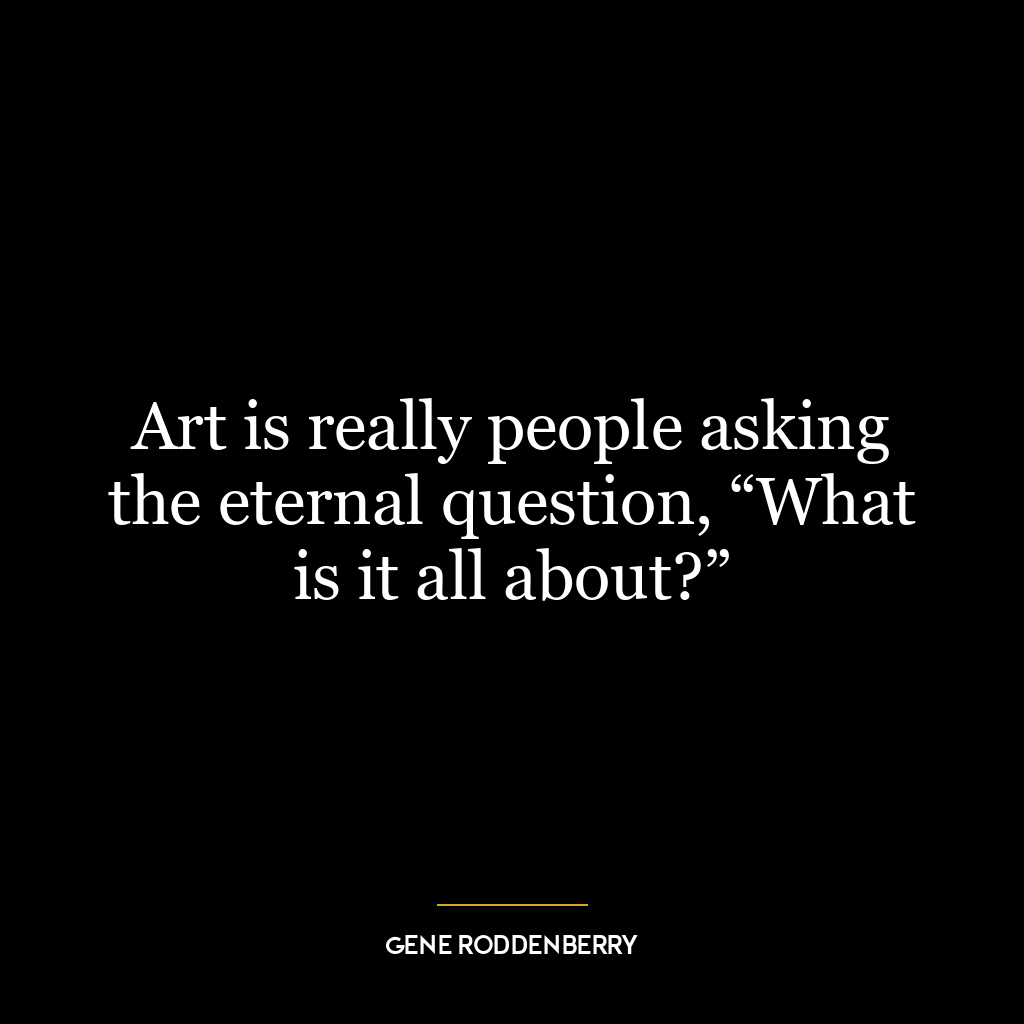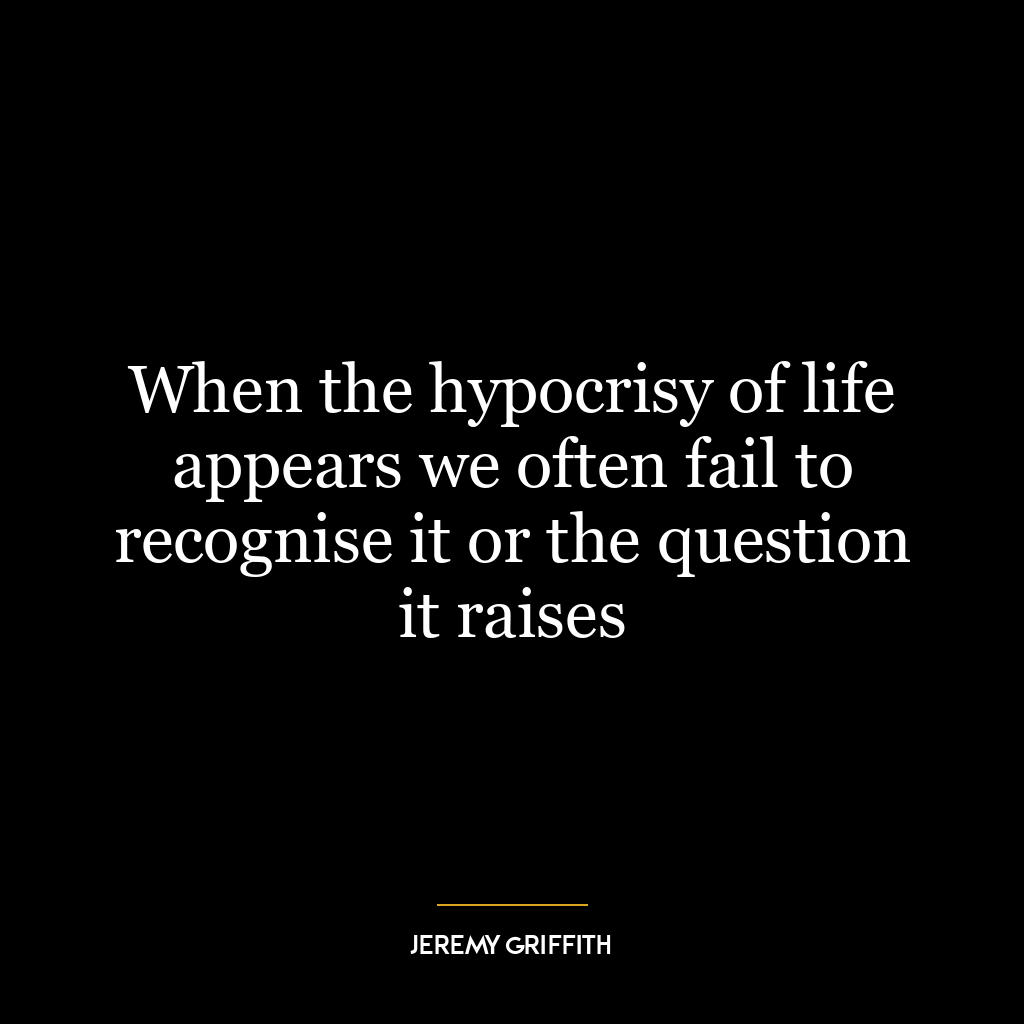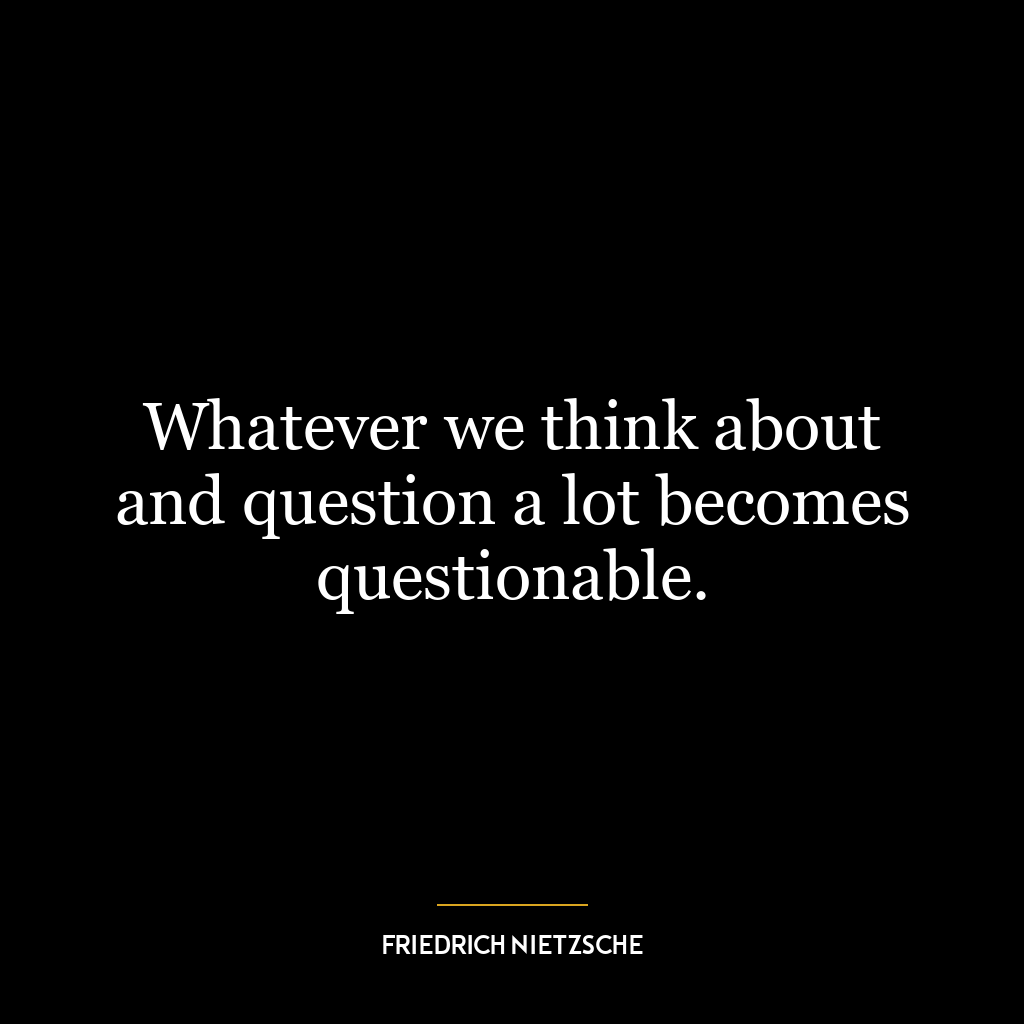Telling is not selling; never make a statement if you can phrase it in the form of a question.
The quote “Telling is not selling; never make a statement if you can phrase it in the form of a question” is a powerful reminder of the importance of engaging communication, particularly in the realm of sales and persuasion. At its core, it emphasizes the difference between one-way communication (telling) and two-way communication (asking), and suggests that the latter is often more effective.
“Telling” is essentially a one-way street. When you tell someone something, you’re transmitting information, but you’re not necessarily engaging them or prompting them to think, respond, or invest themselves in any way. It’s a passive form of communication for the receiver.
“Selling,” on the other hand, is all about engagement. It’s about sparking interest, stirring emotions, and prompting action. This is where the second part of the quote comes in: “never make a statement if you can phrase it in the form of a question.” Questions are inherently more engaging than statements. They invite the listener to think, respond, and participate in the conversation. They can stimulate curiosity, challenge assumptions, and open the door to deeper understanding and connection.
In today’s world, this principle is more relevant than ever. In an age of information overload, simply telling someone something is unlikely to make much of an impact. But if you can engage them – if you can stimulate their curiosity, challenge their assumptions, or provoke them to think in new ways – you’re much more likely to capture their attention and influence their actions.
In terms of personal development, this quote underscores the importance of active, engaging communication. Whether you’re trying to persuade someone, teach something, or build a relationship, phrasing your thoughts in the form of questions rather than statements can be a powerful tool. It’s a way of showing respect for the other person’s perspective, inviting their input, and opening the door to deeper understanding and connection. It’s a way of turning monologues into dialogues, and passive listeners into active participants.




